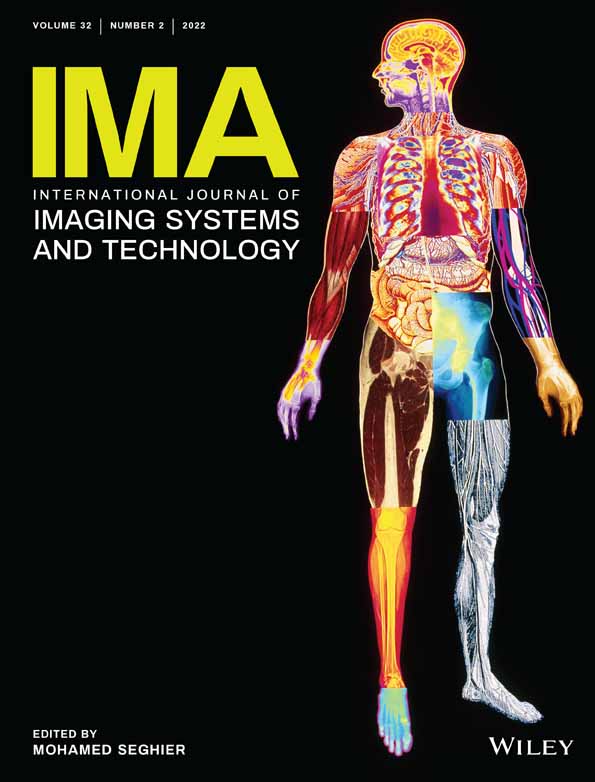COVID-opt-aiNet: A clinical decision support system for COVID-19 detection
Abstract
Coronavirus disease (COVID-19) has had a major and sometimes lethal effect on global public health. COVID-19 detection is a difficult task that necessitates the use of intelligent diagnosis algorithms. Numerous studies have suggested the use of artificial intelligence (AI) and machine learning (ML) techniques to detect COVID-19 infection in patients through chest X-ray image analysis. The use of medical imaging with different modalities for COVID-19 detection has become an important means of containing the spread of this disease. However, medical images are not sufficiently adequate for routine clinical use; there is, therefore, an increasing need for AI to be applied to improve the diagnostic performance of medical image analysis. Regrettably, due to the evolving nature of the COVID-19 global epidemic, the systematic collection of a large data set for deep neural network (DNN)/ML training is problematic. Inspired by these studies, and to aid in the medical diagnosis and control of this contagious disease, we suggest a novel approach that ensembles the feature selection capability of the optimized artificial immune networks (opt-aiNet) algorithm with deep learning (DL) and ML techniques for better prediction of the disease. In this article, we experimented with a DNN, a convolutional neural network (CNN), bidirectional long-short-term memory, a support vector machine (SVM), and logistic regression for the effective detection of COVID-19 in patients. We illustrate the effectiveness of this proposed technique by using COVID-19 image datasets with a variety of modalities. An empirical study using the COVID-19 image dataset demonstrates that the proposed hybrid approaches, named COVID-opt-aiNet, improve classification accuracy by up to 98%–99% for SVM, 96%–97% for DNN, and 70.85%–71% for CNN, to name a few examples. Furthermore, statistical analysis ensures the validity of our proposed algorithms. The source code can be downloaded from Github: https://github.com/faizakhan1925/COVID-opt-aiNet.
CONFLICT OF INTEREST
The authors declare no conflicts of interest.
Open Research
DATA AVAILABILITY STATEMENT
The data that support the findings of this study are openly available in [GitHub] at [https://github.com/faizakhan1925/COVID-opt-aiNet].




